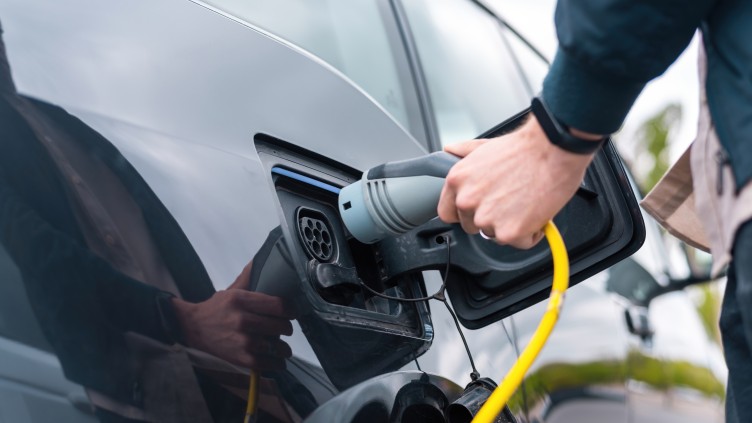
In the dynamic realm of the automotive industry, 2023 marks another year where electric vehicles (EVs) accelerate past conventional benchmarks, redefining how we perceive mobility. With global shifts in policy, tech advancements, and changing consumer preferences, the ripple effects are palpable, especially in the dealership corridors. This exploration delves deep into the EV landscape, examines its repercussions for traditional dealerships, and underscores the strategies dealerships can employ to stay ahead in this electrifying race.
Market Pulse: As 2023 unfolds, the automotive landscape is notably shifting, continuing the momentum of electric vehicle (EV) adoption that gained traction in the late 2010s. Governments worldwide have made their stance clear by setting ambitious targets for EV adoption and declaring future limitations or even bans on combustion engine vehicles. These policy shifts, combined with appealing tax incentives and buyer rebates, have been instrumental in driving this change. Additionally, the once-reluctant legacy automakers are now diving deep into the electric market, announcing not just new EV models, but also significant investments in EV research and development. Their initiatives, coupled with the innovative drive from newer entrants and startups, have further invigorated the market. But beyond policies and automaker initiatives, the genuine push is rooted in a global consciousness—a rising awareness about environmental issues and the economic sense EVs make in the long run, considering fuel savings and reduced maintenance.
Source: Cox Automotive
Consumer Dynamics: Understanding the buyer’s mindset is pivotal for any dealership seeking to adapt and thrive in this shifting terrain. Many EV buyers, driven by a deep sense of environmental responsibility, view their purchase as more than just a transaction; it’s a commitment to a sustainable and greener future. For the tech enthusiasts, EVs are not just cars but cutting-edge tech gadgets, boasting of advanced infotainment systems, autonomous driving features, and the allure of over-the-air updates. But the appeal doesn’t stop there. In an era of fluctuating fuel prices, the long-term economic sense that EVs bring to the table, from fuel savings to longevity and reduced maintenance, is hard to overlook. The early apprehensions around EVs, centered on range anxiety and sparse charging infrastructure, are gradually waning. With battery technologies seeing continuous advancements and charging infrastructures expanding, consumer confidence is only poised to grow.
Amidst the transition to electric vehicles, dealerships find themselves in a unique position to cultivate customer loyalty not just through sales but, importantly, via post-sale engagements:
EV-Specific Support: With the uniqueness of EVs, customers often have distinct queries about battery care, charging practices, or even software upgrades. Providing dedicated helplines or digital platforms to address these EV-specific concerns promptly can significantly elevate the customer experience.
Loyalty Programs and Incentives: By introducing specialized loyalty programs for EV owners—such as discounts on periodic battery checks, preferred slots for vehicle servicing, or exclusive previews of new EV accessory launches—dealerships can incentivize regular engagement and ensure customers feel valued.
Adaptive Maintenance Packages: Considering the evolving nature of EV technology, offering adaptive maintenance packages that adjust to the latest tech upgrades can reassure customers that their EVs will remain contemporary and well-maintained.
Feedback and Continuous Improvement: Actively seeking feedback after service appointments and incorporating suggestions can showcase the dealership’s commitment to continuous improvement, further enhancing trust.
Building on the momentum of the current electric vehicle landscape, it’s essential for dealerships to keep an eye on the horizon. Fostering strategic partnerships, harnessing the capabilities of tools like ROboT, and actively seeking feedback will ensure a competitive edge. The most successful dealerships will be those that remain proactive, always a step ahead, anticipating both challenges and opportunities. By embracing innovation and staying attuned to consumer preferences, dealerships are not just navigating the present but setting the pace for a bright, electrified future.
